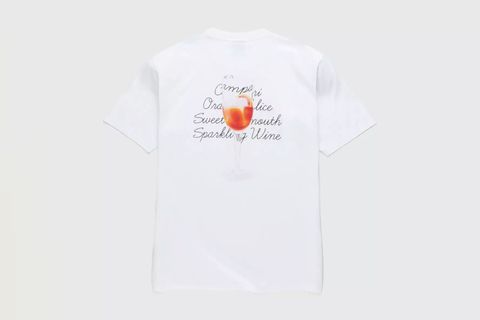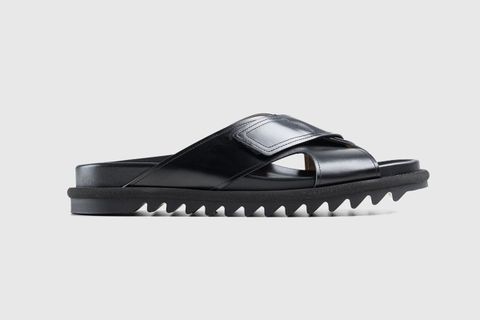Even Megan Thee Stallion Couldn't Save Revlon
Revlon, the cosmetics giant founded by Charles Revson in 1932, filed for Chapter 11 bankruptcy protection in an attempt to wrangle crippling debt, waning appeal, and supply chain issues.
The company has reportedly secured $575 million in loans to keep day-to-day operations running.
"Today’s filing will allow Revlon to offer our consumers the iconic products we have delivered for decades, while providing a clearer path for our future growth,” CEO Debra Perelman, Revlon's first female president, told the Associated Press.
Despite its presence in nearly every major drugstore, Revlon has struggled to maintain relevance and grow sales throughout the pandemic. According to AP, sales dropped 21 percent in 2020, likely due to the fact that stay-at-home orders and face masks rendered Revlon's speciality, lipstick and nail polish, superfluous. In Q1 of 2022, sales increased, but still trailed pre-pandemic levels. Per CNN, shares have fallen more than 80 fallen since the beginning of the year.
Revlon may have been a trailblazer in the '70s and '80s — it was the first cosmetics company to cast a Black model in an ad campaign, and helped launch the careers of supermodels including Iman and Christy Turlington — but the company has struggled to keep up with the never-ending slew of celebrity makeup brands, most of which sell direct-to-consumer and through speciality retailers such as Sephora and Ulta.
Revlon has always recruited celebrities for ad campaigns (some notable faces include Oprah and Salma Hayek), but the company reinvigorated its image by announcing Megan Thee Stallion as a spokesperson in August 2020. But even the rapper's outsize star power couldn't change the fact that Revlon was suffering from supply chain woes, product shortages, and the unfortunate reality that its stable of brands — including Elizabeth Arden, Britney Spears Fragrances, and Almay — weren't appealing to younger consumers.
Revlon's bankruptcy doesn't come as a total shock, considering preliminary reports regarding the cosmetic giant's woes. Still, the news is a wakeup call to legacy brands and drugstore mainstays alike: the success of household names isn't guaranteed.


